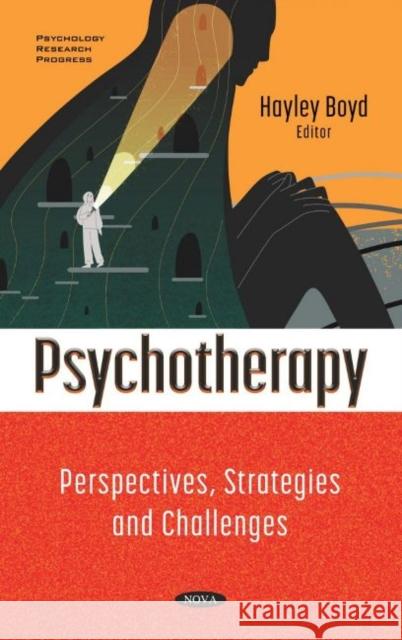Psychotherapy: Perspectives, Strategies and Challenges » książka
Psychotherapy: Perspectives, Strategies and Challenges
ISBN-13: 9781536188776
Psychotherapy: Perspectives, Strategies and Challenges first discusses the biological components of psychotherapy from the perspective of mechanisms of learning, readaptation, and possible mechanisms of neurogenesis. Following this, the authors highlight recognizable stages of growing from a novice therapist into a seasoned clinician. The nuances of the psychotherapeutic process of dynamic psychotherapy are explored, analyzing the role of patients' timing in reaching treatment goals, time as a therapist's tool to provide specific interventions and time as a continuous process of the patient's growth, which does not stop with the end of therapy. Previous reports showing the ameliorating effects of religious interventions on infectious diseases are reviewed, and possible underlying mechanisms are suggested. This compilation also reviews the major historical psychoanalytic approaches to psychotherapy that address political issues. Insights from the discipline of psychology on shame and its relation to aggression are presented in the context of domestic violence and political structures from a critical and feminist standpoint. The relevance of psychotherapeutic interventions for female breast cancer patients is explored, using accounts that provide crucial information about the psychological experience of the disease. Additionally, successful psychotherapy for depressive adolescents with suicide attempts is studied in a hospital context. The effectiveness of psychotherapy and intervention programs conducted with mothers and their children is assessed in an effort to inform families to seek effective treatments and researchers to advance their intervention methods and techniques, which contribute to the healthy development of society. In closing, it is argued that politically sensitive or socially responsible approaches are bound to play a major role in the renewal of psychotherapy.











